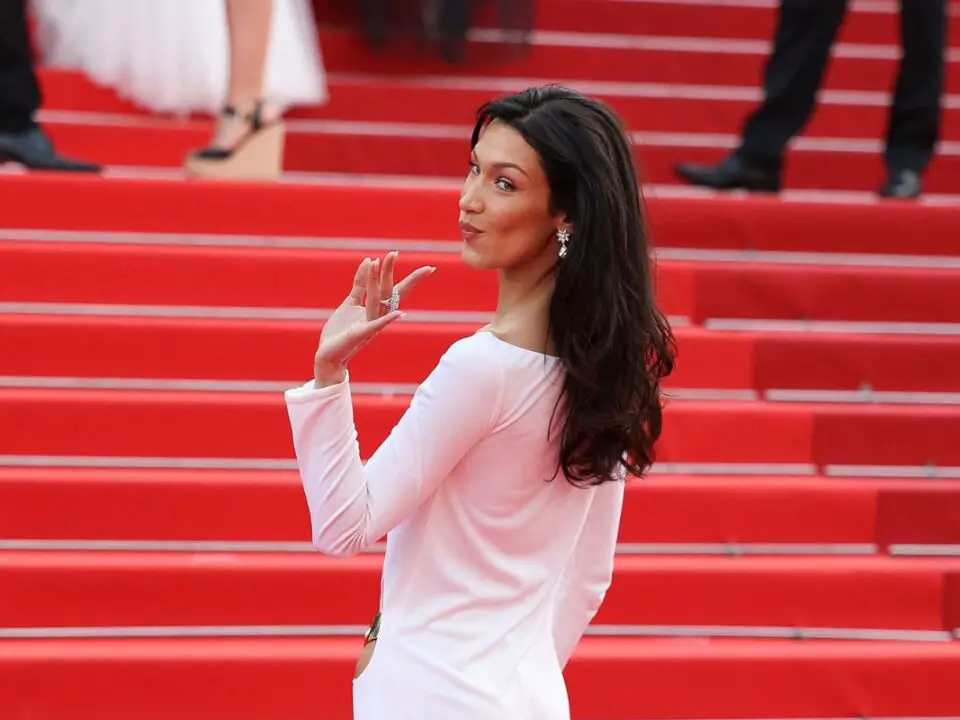Bella Hadid has claimed she lost “so many” jobs and friends after she began to voice support for Palestine.
In a recent interview with Noor Tagouri for the podcast Rep, the model discussed the backlash she has received over her decision to campaign for Palestinian rights during the ongoing conflict in the Middle East.
Bella’s father, Mohamed Hadid, was born into a Palestinian Muslim family but moved to the U.S. when he was a teenager.
“I really do believe that if I started speaking about Palestine when I was 20, I wouldn’t have gotten the recognition and the respect that I have now,” she said. “I had so many companies stop working with me. I had friends that completely dropped me, like even friends that I had been having dinner with at their home on Friday nights for seven years like now just won’t let me at their house anymore.”
Bella went on to share that she often felt disconnected from her father’s side of the family when growing up and recalled how she once had a lightbulb moment while speaking to her cousin Lena.
“I was like, ‘Oh my gosh! This is the pain I’ve been feeling. This is the disconnect I’ve been feeling.’ I wasn’t around my Palestinian family. I was barely around Arabs growing up,” the 25-year-old continued.
Elsewhere in the conversation, Bella called out the World Values Network for taking out a full-page advertisement in The New York Times back in May 2021 to brand her support for Palestine as antisemitic.
The ad also referred to Bella’s siblings Gigi and Anwar Hadid.
“It was really disappointing for me because we all really have taken time and money, subscriptions to read something that we really felt was powerful, had integrity and educational. And at this point it was just, they sold their soul,” she continued. “I think that was really, the word is disappointing, but the entire country of Israel, @israel on Twitter tweeted at me. That’s what’s interesting is that when I speak about Palestine, I get labeled as something that I’m not. But I can speak about the same thing that’s happening there, happening somewhere else in the world, and it’s honorable. So, what’s the difference?”
